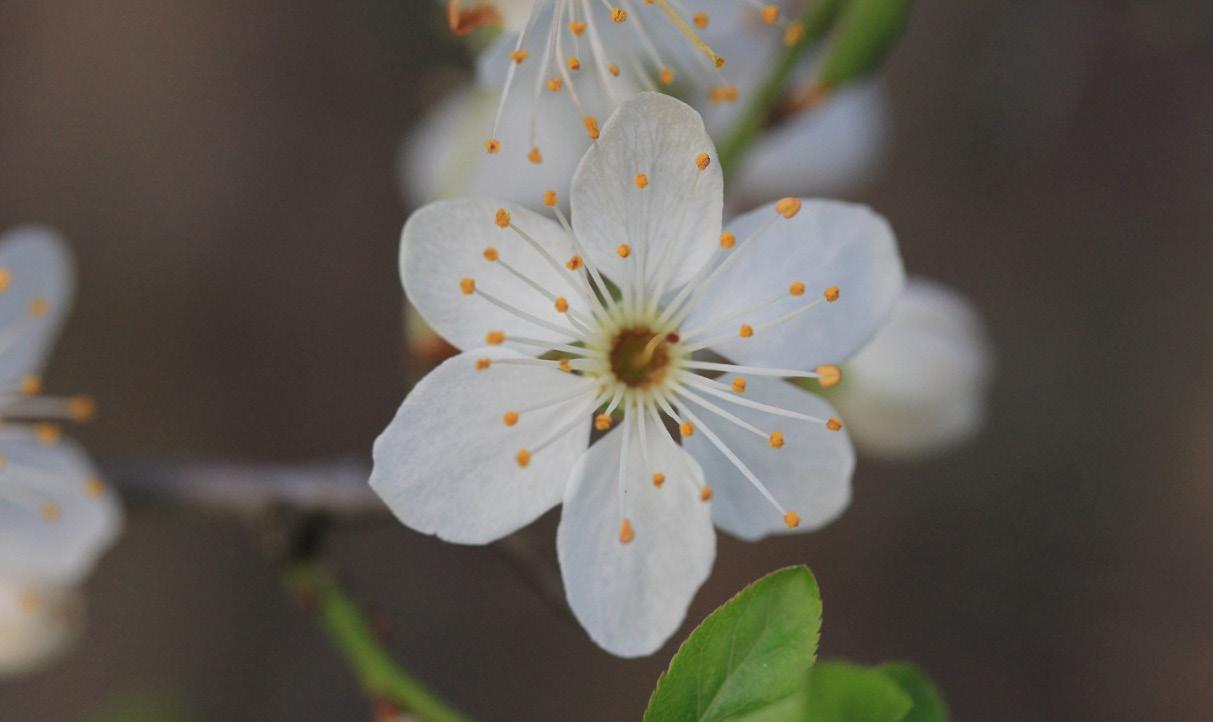My dad’s in there. The thought was intrusive and glued my eyelids open. I knew I didn’t want to watch those pall-bearers carry out their morbid task, but I did anyway. Was it an urge to stop them? Was it an urge to see him one last time? Was it maybe just a sense of gross curiosity, like how I watched someone burn an ant with a magnifying glass once and, though horrified, let them simply because I had never seen something writhe around in such helpless pain before? I couldn’t identify whatever it was that made me look. I just did. It was over quicker than I thought. The journey of box down hole seemed like one of such finality that nobody questioned it. This wasn’t like weddings, where you could speak now or forever hold your peace and nullify a small fortune in cake and chiffon with a single shout. No, everyone here had just come to the unanimous decision that burying him underneath a heap of earth to decompose forever was the best way to go about this. We heard the echo as the pallbearers gave up and the coffin made the rest of the journey alone. This was it. Tears were crawling down my face but I couldn’t feel them coming out. My eyelids had unstuck now; I was overcome with the urge to look literally anywhere else. The sky, deceptively cheerful, was huge and cavernous above me. I was more trapped here in this wide open space on the top of a hill than I ever had been behind a closed door. As he dropped out of sight, my father dropped out of their minds; some other formalities proceeded after this which I couldn’t quite remember. Perhaps there was food at some respectable inn. Maybe there was a plate of roast lamb in front of me. I ignored it all. It didn’t matter. Nanna, at some point later in my life, told me that funerals didn’t have to be sad. At this point she was at a ripe age where funerals outnumbered birthday parties and weddings, and had appointed herself natural authority on the matter. The reason why the sun shone at a funeral was because “you’re moving on from one life into another, dear, the same way you go from being a boy to a man to a husband.” After this piece of wisdom she had turned around, firmly indicated that there would be no more questions, and poured herself a generous glass of gin. That was an affectation of Nanna’s- she didn’t actually enjoy drinking that much, but thought turning to the decanter would disguise the dampness on her face. Not pointing it out was one of the ways I repaid her for all she did. Some few years after that, when I was old enough to shave but not enough to smoke, I re-entered my father’s room. Thus far it was in a limbo between sepulchre and spare room. Nanna only went in to clean it, never to use it, and so we decided we’d let some unfortunate acquaintance face it someday and feel emptiness crawling on their backs in our steads. When I entered, none of Father’s things had been removed. There hadn’t been a single challenge to his old principles of neatness. Nothing spilled out as in Mother’s room; this was its straight-backed counterpart, coats and shirts lined up soldierly in the wardrobe and colognes queueing across the mantle of the fireplace.
36





















